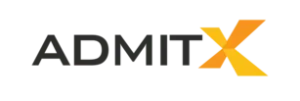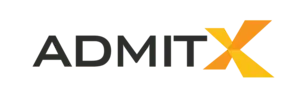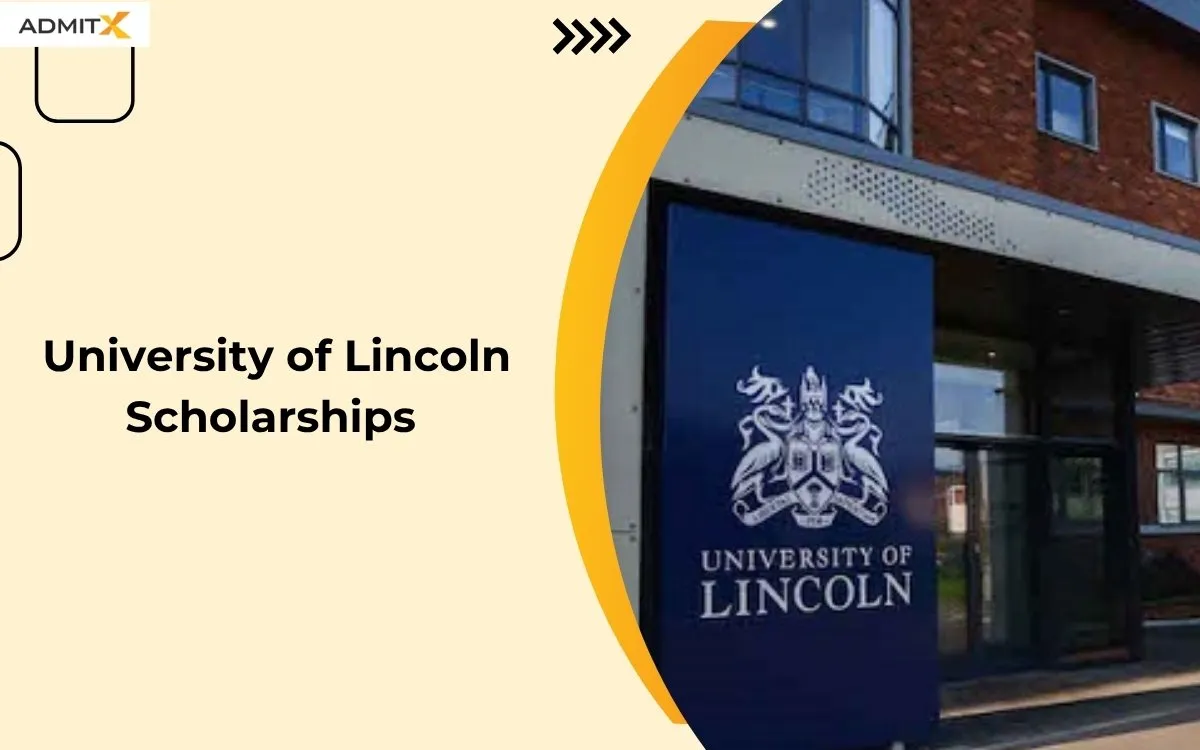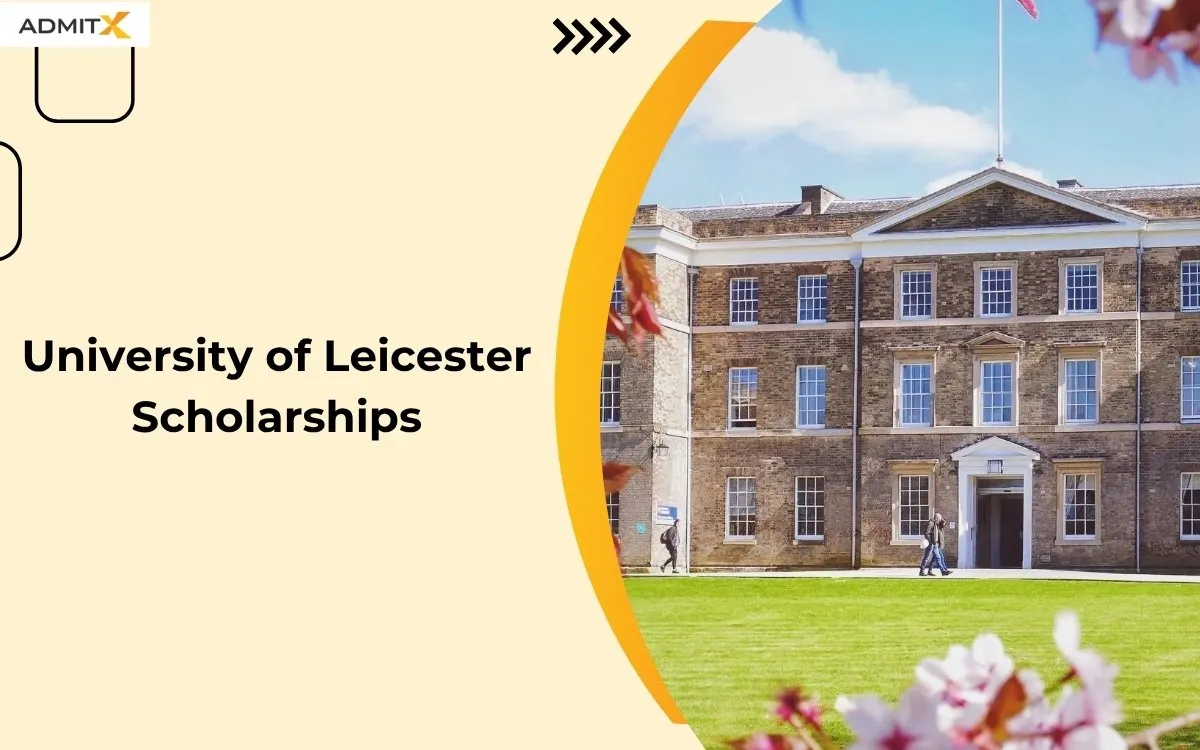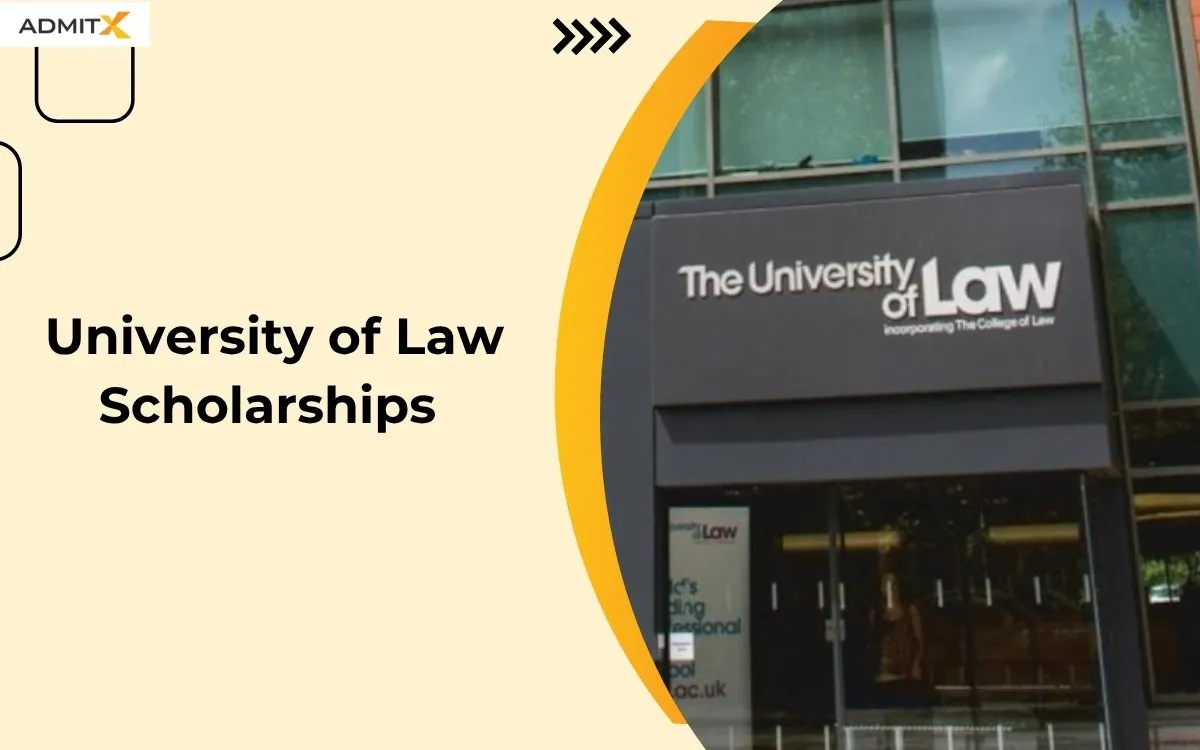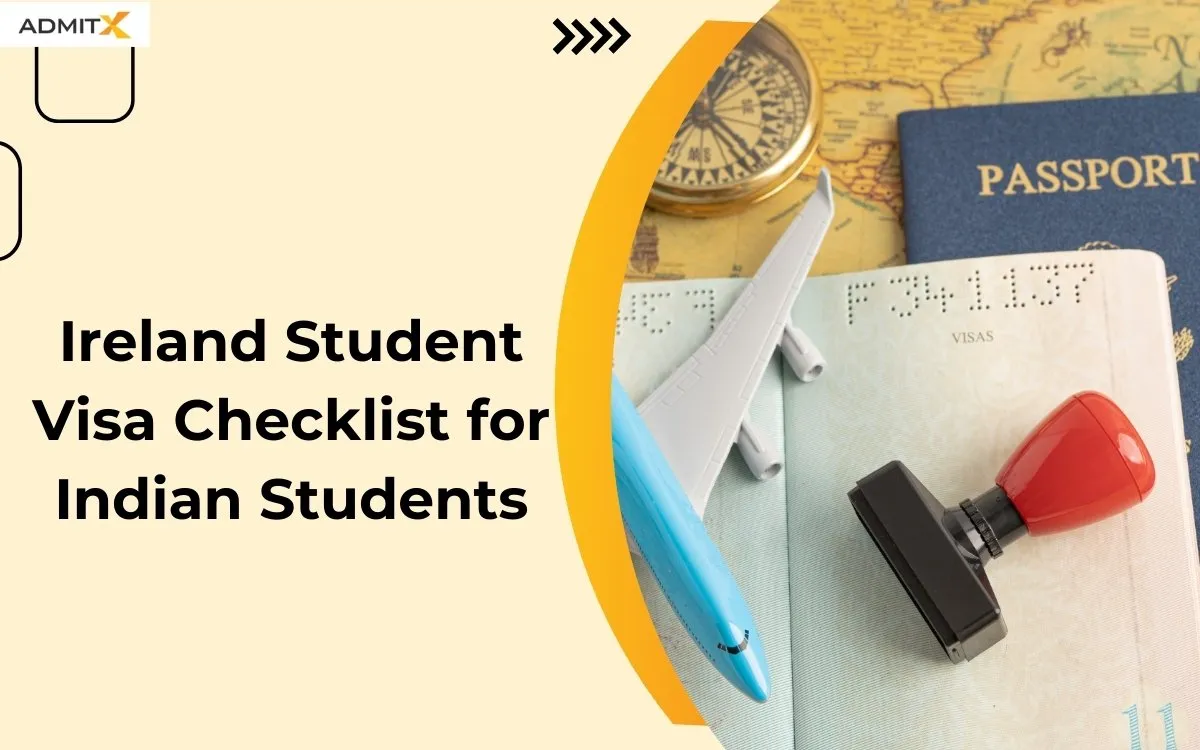
Ireland Student Visa Checklist for Indian Students
- Ireland is emerging as a leading study destination, offering vibrant student life, globally recognised universities, and a straightforward but detail-oriented student visa process.
- For the Ireland student visa, apply at least 3-4 months before your course starts, ensuring all key documents like financial proofs, tuition fee payment, English proficiency scores, and a strong SOP are in place.
- Visa decisions typically take 6-8 weeks, and after arrival, students must register for their Irish Residence Permit (IRP) and complete essential formalities like opening a bank account and attending university orientation.
Ireland, with its breathtaking landscapes, vibrant student life, and globally recognised universities, is rapidly rising as one of the top study destinations for international students. If you are planning to pursue your education in Ireland, obtaining the right student visa is your first major step toward your dream.
The Irish student visa process is straightforward but requires attention to detail, especially around financial proofs, document authentication, and immigration requirements. In this comprehensive guide, we walk you through the Ireland student visa checklist, visa types, latest updates, processing times, and tips to ace your application in 2025.
Ireland Student Visa Application Timeline: When Should You Start?
It is recommended to apply for an Ireland study visa at least 3-4 months before the course commencement date. The Embassy of Ireland advises early applications as visa processing times can extend during peak seasons between June and August.
Here is a general timeline for guidance
| Activity | Timeline |
|---|---|
| University Application | 10-12 months before course start |
| Accept the Offer and Pay the Deposit | 6-8 months prior to course start |
| Prepare Documents for Visa | 5-6 months prior to course start |
| Submit Visa Applications | 3-4 months prior to course start |
| Visa Decision | 1-2 months prior to course start |
Full Ireland Student Visa Document Checklist in 2025
Submitting a complete and correct set of documents is crucial for visa approval. Here is the detailed list.
Application and Identity Documents
- Visa Application Form: Complete the AVATS Online Application Form. Print and sign the summary page and barcode pages if available.
- Valid Passport: Passport must be valid for at least 12 months beyond your intended arrival date. Include copies of all previous passports if available.
Admission-Related Documents
- Letter of Acceptance: Issued by an accredited Irish university or college, mentioning full-time enrollment, course name, start and end dates, and tuition fee details.
- Proof of Tuition Fee Payment: Receipt or confirmation letter showing partial or full tuition fee payment. Students with scholarships must submit an official scholarship award letter detailing the coverage.
Financial Documents
- Proof of Sufficient Funds: Immediate access to a minimum of €10,000 annually for living expenses plus tuition fees.
- Recent bank statements for the past 6 months (with clear account ownership)
- Education loan sanction letters from recognised banks
- Sponsor’s income proofs like salary slips, income tax returns
- Fixed deposits that can be liquidated if needed
Personal savings statements
Language Proficiency Documents
Health and Insurance Documents
Medical Insurance: Health insurance covering at least 1 year from the intended date of arrival. Some universities offer group insurance plans that students can opt into.
Academic Background Documents
Academic Documents: Include all previous academic certificates, mark sheets, and transcripts.
Accommodation Proof
Accommodation Proof: Recommended to show proof of accommodation arrangements. Acceptable documents include booking confirmations for student housing or private rental agreements.
Personal and Motivation Documents
Statement of Purpose (SOP): A strong and original SOP outlining academic background, choice of course and university, career goals, and intent to return to the home country after studies.
Financial Requirements for Ireland Student Visa
You must provide evidence of sufficient funds to cover your education and living expenses in Ireland. You should show the following documents.
- Proof of tuition fee payment
- A minimum of €10,000 or INR 9.70 Lakh available for each year of study
- If depending on an education loan, the disbursement conditions must be clearly stated
- Third-party sponsorship is allowed but must be backed by thorough documentation
- It is advisable to submit original bank statements along with a letter from the bank confirming authenticity.
What is the Ireland Student Visa Processing Time in 2025?
Typically, Irish student visa decisions are made within six to eight weeks after submission. During peak admission months from May to August, processing may take up to ten to twelve weeks. Ireland does not currently offer fast-track or priority visa services for students. You can track your application through your AVATS login or through updates from your local visa office.
Post-Visa Steps After Arriving in Ireland
Upon arrival in Ireland, students must complete the following steps
- Register with Irish Immigration (GNIB or ISD) within 90 days to obtain your Irish Residence Permit (IRP)
- Open an Irish bank account for tuition, scholarships, and part-time job payments
- Purchase a local SIM card for communication purposes
- Attend your university’s orientation to understand academic, legal, and support systems.
Key Takeaways by AdmitX
To successfully get an Ireland student visa, apply at least three to four months before your course starts and ensure all documents are complete and accurate. You must show proof of tuition fee payment and have at least €10,000 for living expenses.
A strong Statement of Purpose (SOP) and clear financial proof greatly improve your chances. Processing usually takes six to eight weeks, and post-arrival, you must register for your Irish Residence Permit (IRP). Careful planning and honest documentation are key to a smooth visa approval.
FAQs
What is the processing time for an Ireland student visa?
The standard processing time for an Ireland student visa is about six to eight weeks from the date of your biometric appointment. It is recommended to apply early, especially during peak admission seasons, to avoid last-minute delays.
What financial proof is required for an Ireland student visa?
You must show proof of having enough funds to cover your tuition fees and at least €10,000 for your living expenses for the first year. Acceptable documents include bank statements, education loan sanction letters, scholarship award letters, or financial sponsorship documents.
Can I work while studying in Ireland on a student visa?
Yes, international students can work part-time for up to 20 hours per week during term time and up to 40 hours per week during scheduled holidays. However, you must have a valid Stamp 2 permission on your Irish Residence Permit (IRP) to be eligible for work.
Is it mandatory to pay the tuition fee before applying for an Ireland student visa?
Yes, students are expected to pay a minimum amount towards tuition fees before applying. Ideally, you should pay either the full tuition fee or at least €6,000 or 50% of the total fee, whichever is higher, as proof of genuine student status and financial commitment.
What should I do after arriving in Ireland with a student visa?
After arriving in Ireland, you must register with the Garda National Immigration Bureau (GNIB) and obtain your Irish Residence Permit (IRP) within 90 days. You will need your passport, visa approval letter, proof of address, university letter, and payment of the IRP fee to complete the registration.
Check out Other Blogs
